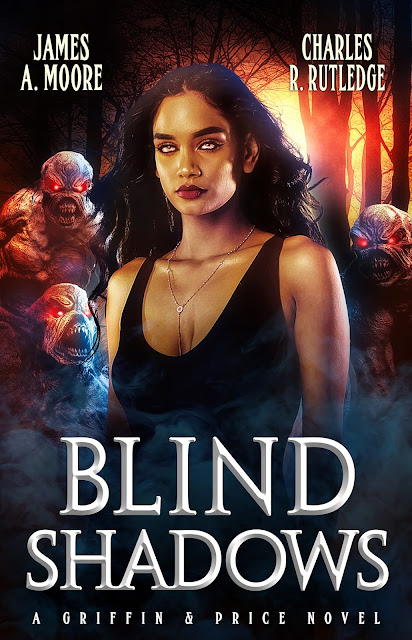Contractor Best Practices—working with a 3rd party in support of your book.
I’m an unpublished writer, I have nothing out in print, yet. But if you’re in the midst of the publishing process, or about to begin, check out James’ post about collaboration (a great mindset to have going into the process), and Charissa’s post about communication (she’s got great insight having been on both sides of the table), and see KAK’s post with a helpful list of questions. And if you’re gearing up to start, Jeffe shared her favorite contractors.
My production experience with The Mars Strain began with a free lance editor I hired. Recorded Books, who produced TMS, did not include any editing in their offer and I knew I wanted to turn out as polished a piece as possible and so I hired Anita Mumm with Mumm’s the Word Editing.
Anita, with her years of editing experience, was a perfect fit for newbie me. She starts out each project with a questionnaire so she knows exactly what my expectations and desires are. She provided a timeline, for both of our parts, and concludes with a phone call to ensure there aren’t any lingering questions. I can’t recommend her services enough!
Note that any errors in The Mars Strain are all mine as I had the last look before turn in date. Which leads me to the second half of audiobook production—I’m certain others’ experiences vary widely, but this is mine.
Recorded Books did a fabulous job, but all I can take credit for are the words. Communications went through the audio rights agent at the literary agency I was signed with. She passed along the turn in date for my final draft and when it was done, she shared the cover art which was more of a courtesy and not looking for input. And then Recorded released The Mars Strain in April!
Communication: I did request that RB list the audiobook early for pre-orders and their reply was that it would release on release day. Then the lovely Charissa found it online for pre-order and gave me the heads up, which was wonderful—only I’d already shifted from pre-order marketing plans to release day plans. So it’s true, communication is key!
Wherever you are in your writing journey, I hope you keep moving forward!














